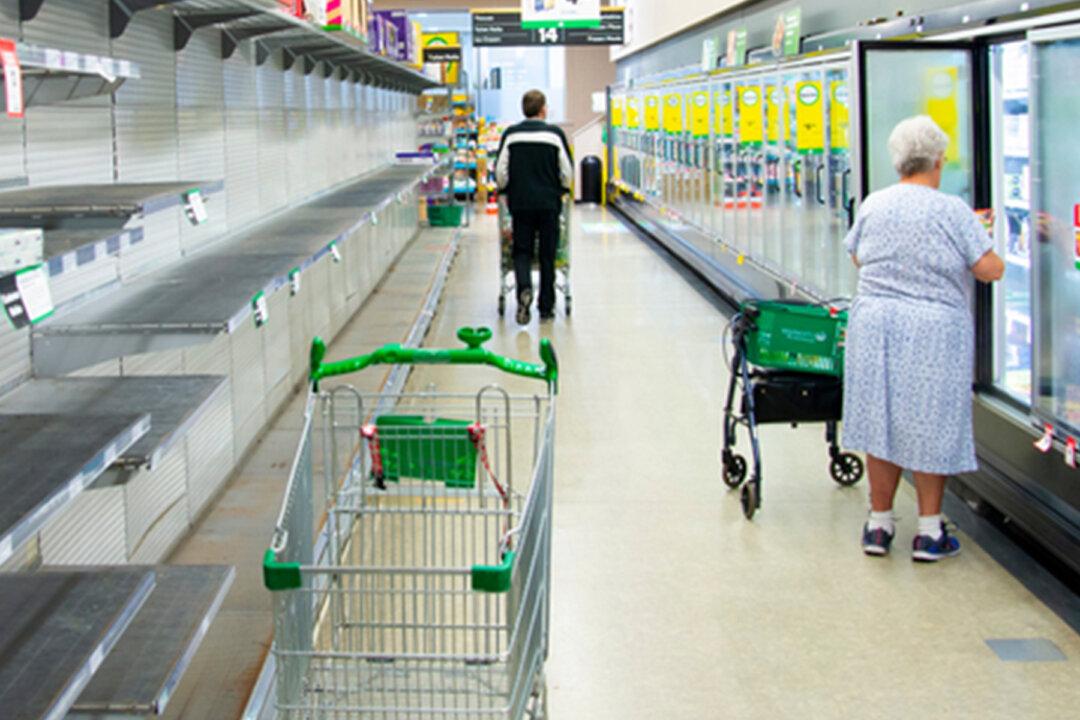A mother of two and lifestyle blogger from Texas is inspiring social media users with her account of helping low-income senior citizens who are on lockdown during the novel coronavirus outbreak.
Wood said that senior citizens are “the ones who are having the most trouble preparing.”




